|
I am extremely excited to share a new job opportunity as a core member of our group: Lab Manager in Ecological Genomics at Brown.
This is such a unique career opportunity in our field. The position will be salaried, starting around $60,000, and it is expected to provide job security, stability, and community over the long term. There will also be opportunities for career growth as we work together to establish a new Ecological Genomics center via Brown’s Genomics Core Facility. You will be able to help shape the future of your own position. From an insider's perspective, we very rarely see opportunities as good as this one. The formal job ad is pasted below. Please feel free to distribute via your networks or social media to help ensure any potential candidates you know may apply.
0 Comments
The lab is incredibly excited to welcome Mary Burak! Mary is joining the lab as a Fulbright Scholar based in Kenya followed by an IBES Voss Postdoctoral Fellowship. Together these prestigious awards will support Mary for three years both in Kenya and at Brown. Mary will collaborate with a number of major NGOs as well as scholars at the University of Nairobi, the National Museums of Kenya, and Mpala Research Centre to address critical data needs for the conservation of large carnivores and herbivores across Kenya.
Mary completed a PhD in Os Schmitz's lab at Yale University in 2023. She is a star and we are so keen to learn from her and collaborate with her over the next few years and beyond! While everyone in the lab continues to be impacted by the global pandemic, we also pause to appreciate our increased opportunity to begin resuming research and to extend our welcome to the new lab members who are joining us this summer.
The lab has much to celebrate as we close out another semester, even despite the disruptions of COVID-19.
Honors and awards are rolling in... Congratulations to Bianca Brown for a 2020 Ford Foundation Dissertation Fellowship Honorable Mention!
Congratulations to Courtney Reed for a 2020 Animal Behavior Society Student Research Grant!
Last week, Amanda Lyons (left) and Bianca Brown (right) braved the rainy weather to kick off our terrapin field season. Diamondback terrapins are the only "critically imperiled" reptile in Rhode Island, and a major conservation priority for the state. Amanda and Bianca were joined by our collaborators from the Rhode Island Department of Environmental Management and The Roger Williams Park Zoo. Our research goal is to understand how genetically interconnected are the remaining few terrapin populations in the state, and relatedness to populations from neighboring states. This research is supported in part by a 2019 Voss Undergraduate Research Fellowship in Environmental Science and Communication to Amanda Lyons. Congratulations Amanda, and thanks IBES for supporting this research. If only the weather had been better for setting up the study sites!
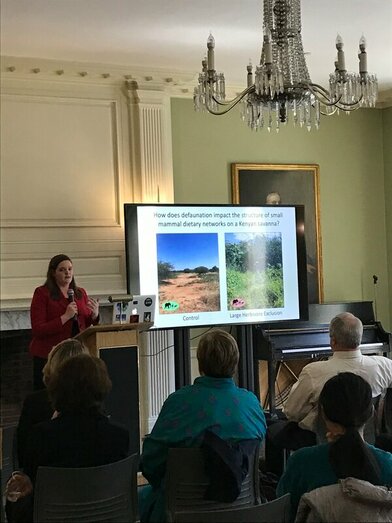 Congratulations to Courtney Reed for winning big -- two awards in one week! Courtney won first place in the flash talk competition at the IBES Blue Sky event. She also won an IBES Graduate Student Research Training and Travel Award. These awards highlight he importance of Courtney's research on how defaunation impacts ecosystems in Kenya. Thanks to IBES for supporting our work and helping amplify our research -- and way to go Courtney! |
Archives
June 2024
Categories
All
|
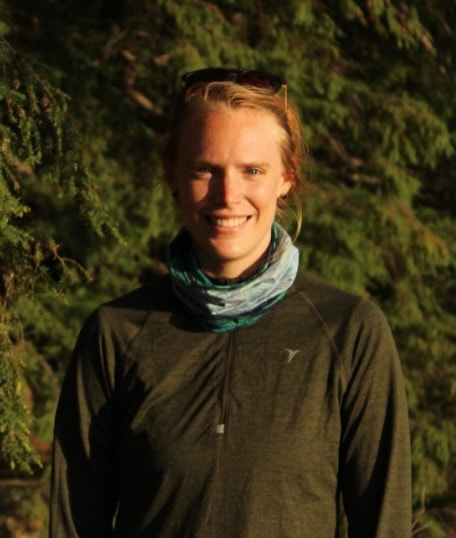
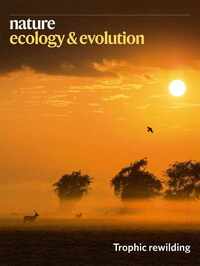


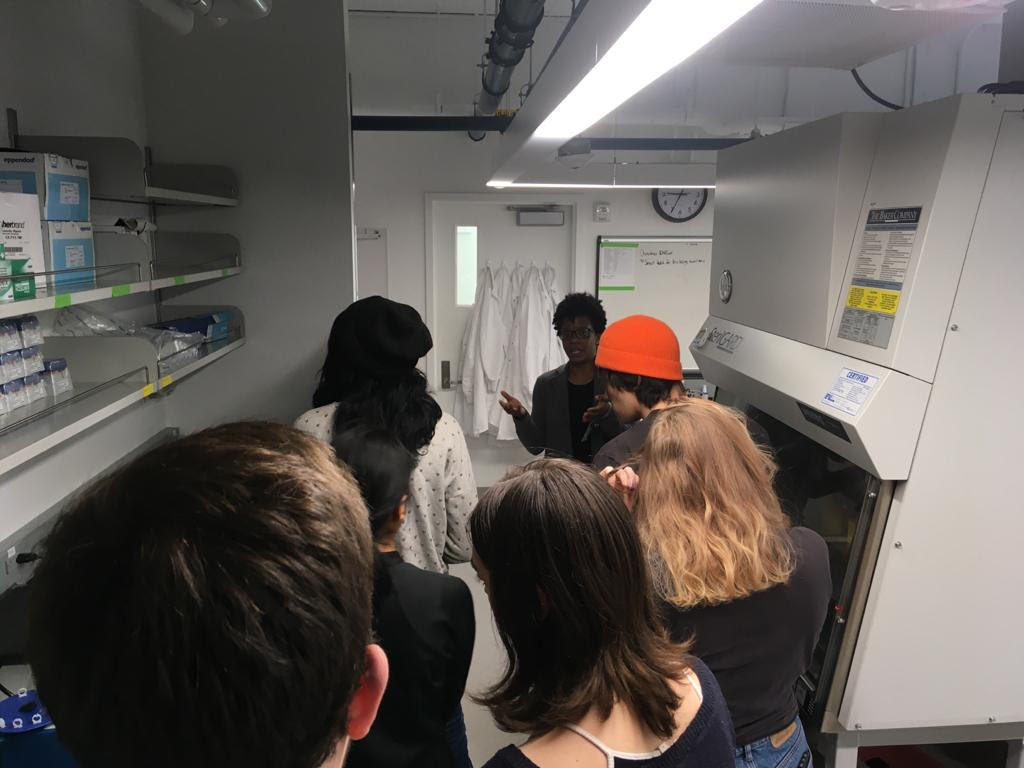
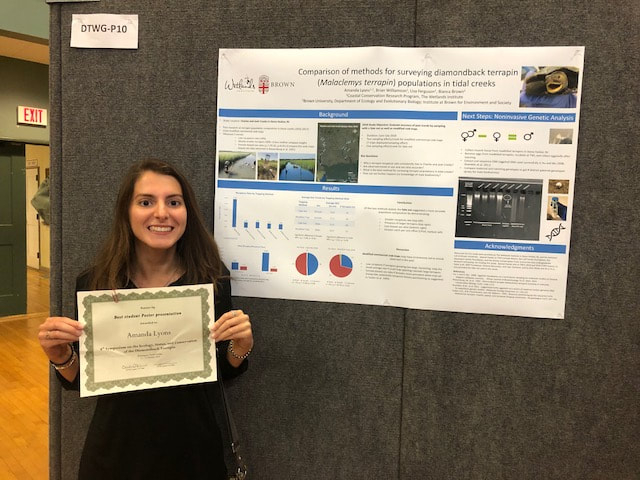
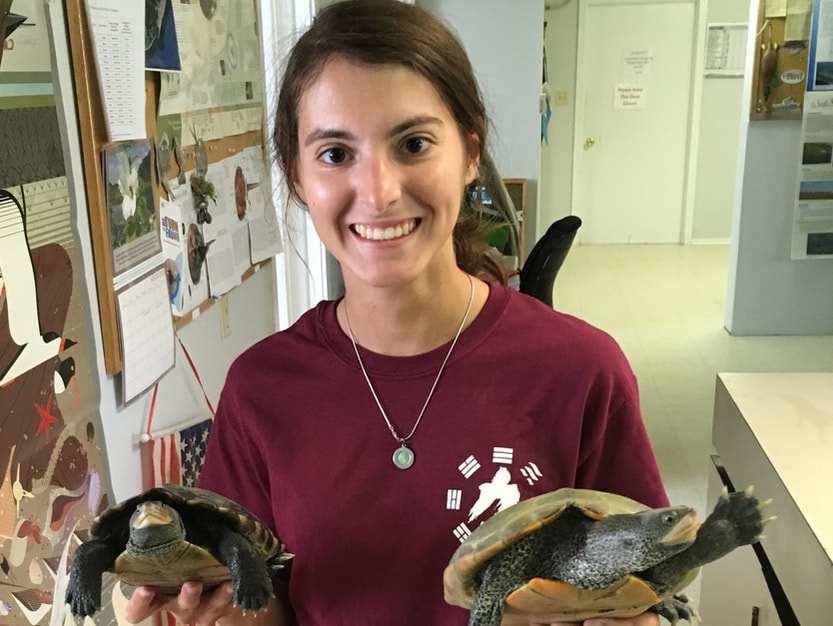
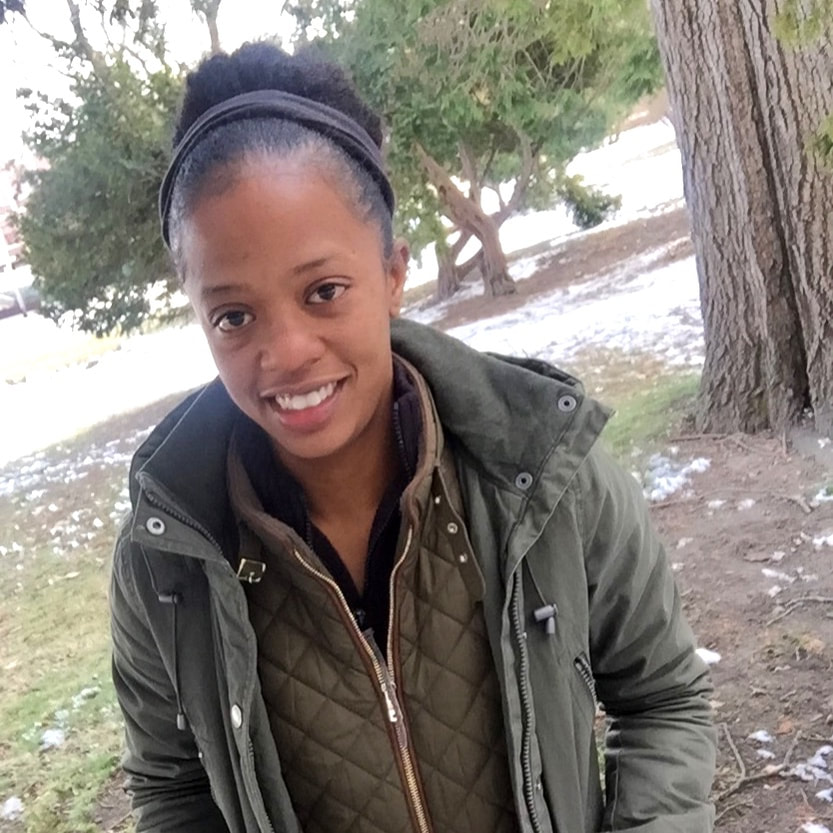
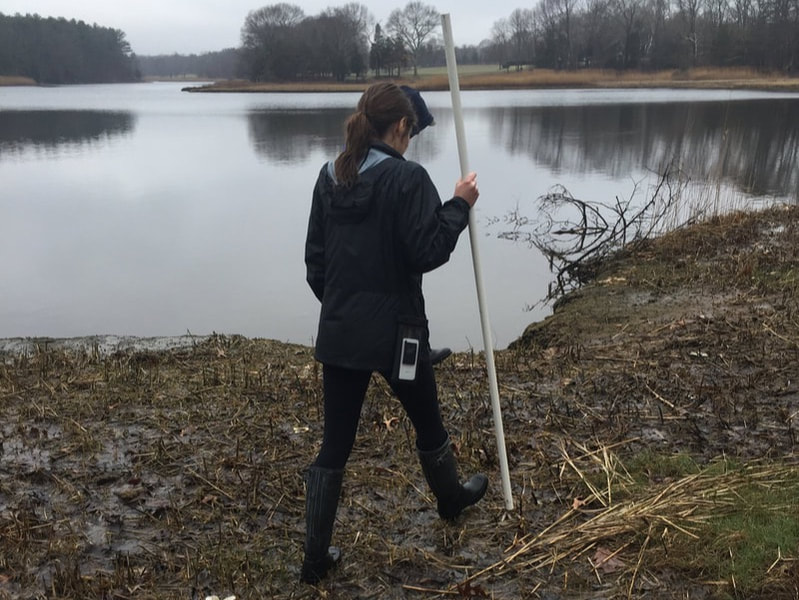
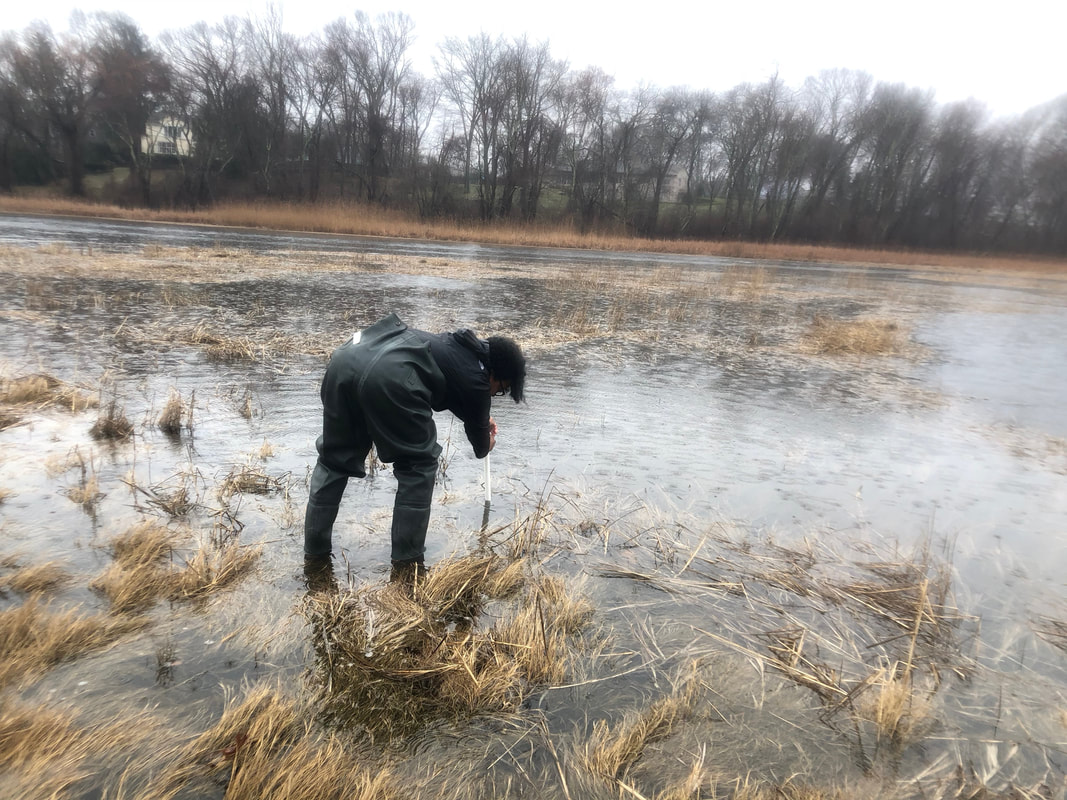
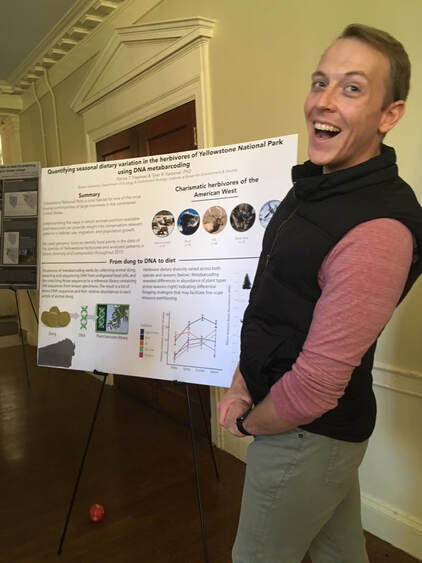
 RSS Feed
RSS Feed
